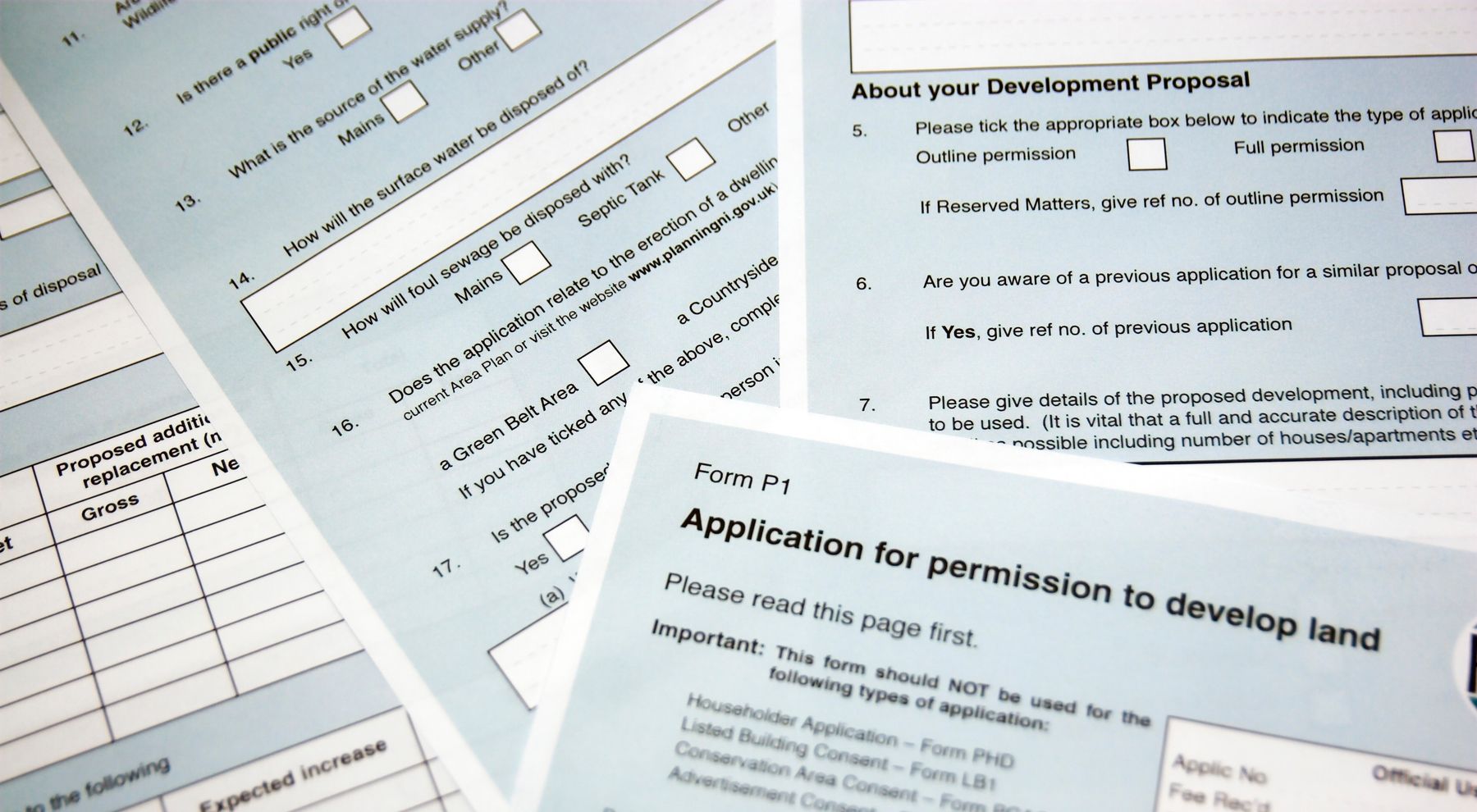A Guide to Becoming a Property Surveyor

There is a high demand for surveyors at the moment. This means that employers are now working harder than ever to retain their existing surveyors and to attract new talent, for instance, by offering a competitive rate of pay, a thriving work culture, and attractive career development prospects. All of this makes property surveying a satisfying career with excellent progression, good pay and benefits, and a wealth of career opportunities to explore. If this sounds appealing to you, keep reading to discover just how you can embark on a career in property surveying.
The apprenticeship route
Many prospective surveyors go down the apprenticeship or internship route after completing their GCSEs. This involves taking a 5-year chartered surveyor apprenticeship, which requires completion of 3 A-Levels at Grade C or equivalent and a Level 3 Surveying Technician apprenticeship. It is also possible to approach employers that might be willing to take on young people who want to work towards a career in surveying, either through a surveying company, an estate agency, a property developer or a construction company. Many of the UK property consultancies offer graduate or apprenticeship placements that allow candidates to learn on the job and complete their Assessment of Professional Competence (APC) alongside their work. These are often very competitive, however, so it’s recommended that candidates gain work experience prior to applying.
School leavers can also sign up to the Chartered Surveyors Training Trust (CSTT), provided by the Royal Institution of Chartered Surveyors (RICS). This is an organisation that helps young people to become surveyors by offering apprenticeship schemes that count towards associate membership (AssocRICS).
The university route
Prospective surveyors can also enter the industry by gaining a university degree. Here’s a quick step-by-step summary of this career path.
Step 1: Earn a degree
To become a chartered surveyor, a RICS-accredited degree course is recommended. It is also possible to graduate with a non-RICS-accredited degree and then undertake a postgraduate RICS-accredited degree for one year before embarking on the APC.
Step 2: Gain work experience
After obtaining a degree, or sometimes during the degree, prospective surveyors should find employment to develop their industry experience.
Step 3: Take the APC
Degrees are usually followed by the APC, whether they’re RICS-accredited or not. The APC is a structured training work placement carried out over a minimum period of 2 years. This must be completed in order to become a full member of RICS.
Step 4: Maintain professional development
It’s important that fully qualified chartered surveyors continue to expand upon their knowledge and skillset by undertaking continuous professional development (CPD).
If you’re in need of a chartered building surveyor in the Borehamwood, Watford or Barnet areas, Simon Levy Associates are here to help. With over 30 years of experience and a wealth of industry knowledge, we pride ourselves on maintaining the high level of ethical and professional standards expected of chartered architects and chartered surveyors.
No matter what building-related
services you require, a skilled and professional member of
our team will be able to assist you.
Contact us today to learn more about what we do here at Simon Levy Associates.











